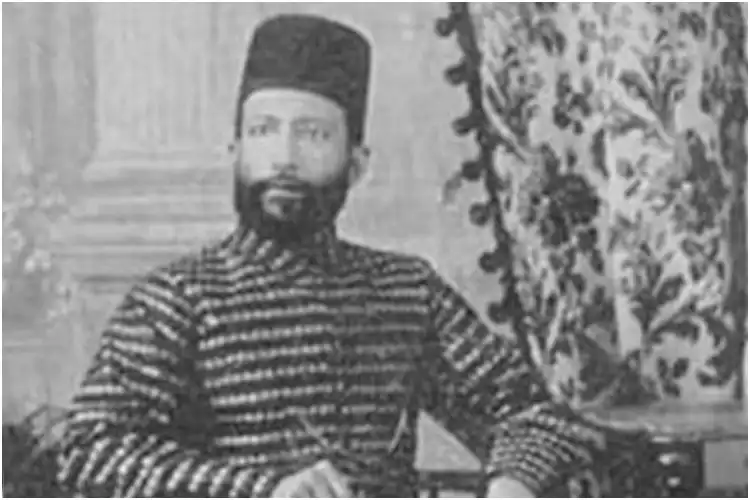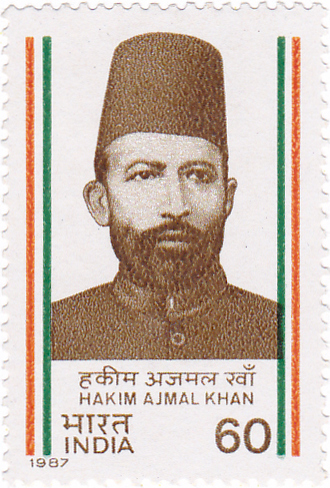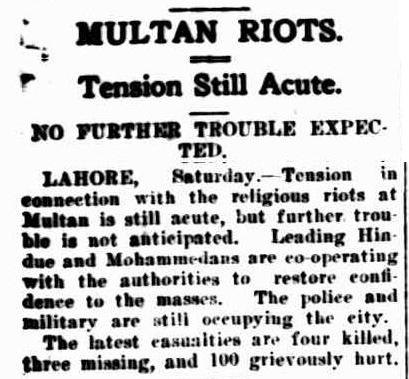
Saquib Salim
How should the Muslim leadership of India behave? This seems like a perennial question raised by analysts. Since I started reading newspapers, the same talk of forming a political party to raise ‘Muslim’ demands, strengthen ‘Muslim’ leadership within existing political parties or raise ‘Muslim’ issues in media have been doing the rounds. "Muslim issues' is the common thread running across all these debates.
Almost everyone seems to suggest - i) issues related to ‘Muslims’ are different from those faced by people professing other religions, ii) only ‘Muslim leaders’ are entitled to raise issues concerned with ‘Muslim people’, and most importantly iii) ‘Muslim leaders’ should not talk about issues related to Hindus, Sikhs, Jains or other non-Muslim Indian.

Hakim Ajmal Khan chaired the meeting and suggested that the Turkish issue should not be given a religious colour. He believed that instead of projecting it as a Muslim versus Christian, the problem should be presented to the public as Asia versus Europe. On 18 October, a proposal was moved that Indian Muslims should organise a militia to fight for Ataturk Mustafa Kemal Pasha, Ajmal Khan objected and said that the movement should not go beyond forming a public opinion against the British government.
It was argued that CKC could not recruit fighters to fight for Turkey because its primary goal had been “to better the condition of India and to secure Swaraj”.
It was decided, in the meeting, that a board would be formed to look into possible British attacks on Pasha and form a public opinion against those. Ajmal Khan again rose up in protest arguing, “if you want to work the movement, keep it as Asiatic Movement and not a religious movement”. On not getting a majority vote in support of his suggestion he gave up his membership on the board. He could not agree that within nationalist politics there was any space of ‘religious-political language. He set an example that was rarely emulated by Indian politicians during the next century.
The next day, on 19 October, CKC, with Ajmal Khan in the chair, passed a resolution unanimously which denounced the violence by Muslims against Hindus at Multan in September that year. The resolution read: “This meeting of the C.K.C deplores the regrettable happening at Multan. Especially the burning of Temples and Guru Granth Sahib, the robbing of helpless women, and attacks on houses of peaceful persons by some Mussalmans, which acts are repugnant alike to humanity and religion. The hooligans who committed these acts have dealt a severe blow to Hindu-Muslim unity.

In his address, Ajmal Khan blamed the Muslim high-handedness against Hindus in Multan for the trouble. He pointed out that while several temples were damaged by Muslim mobs, no mosque, even if amid a Hindu locality, was attacked. The leaders of the Muslim mob, according to him, were government servants and instigated violence to cause a rift between Hindu and Muslim nationalists.
ALSO READ: Can the Partition of India be undone?
It does not take rocket science to understand that our present politics has completely lost this vision. Do I need to tell how our present political leaders, of any religious or social group, behave in such situations?
